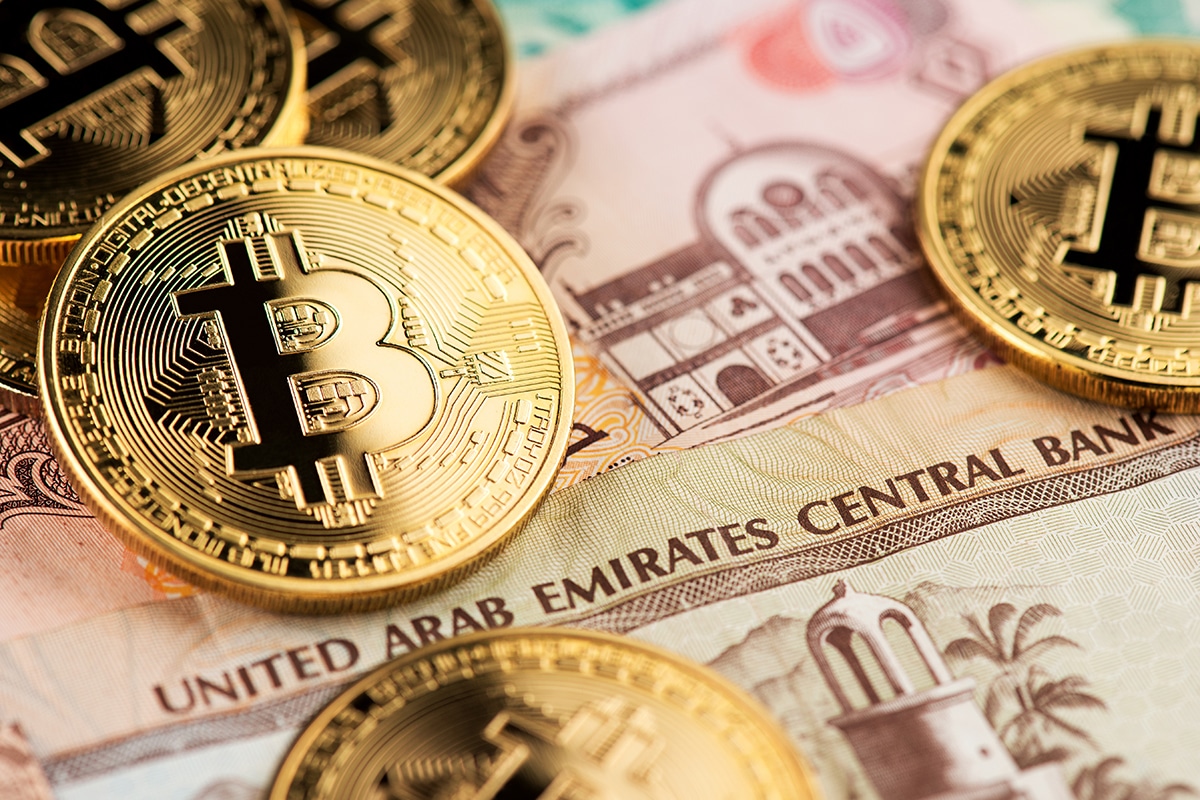UAE Stablecoin Usage Surges 55% YoY, Driven By New Regulations And Market Growth

The year 2024 is proving to be a landmark year for stablecoins in the UAE, with the value of stablecoins received by services posting a 55 per cent spike in the first half of the year to reach over $9.8 billion compared to the same year-ago period.
Consequently, stablecoins currently account for the largest share of crypto activity in the UAE at 51 per cent, much higher than both Bitcoin (19 per cent) and Ether (9 per cent) – typically considered to be the most recognised and popular cryptocurrencies.
According to industry data, professional-sized ($10k to $1 million), institutional-sized ($1 million to $10 million) and large institutional-sized ($10 million and above) accounted for 40 per cent, 34 per cent, and 20 per cent, respectively of the stablecoin transfers, while retail-sized transfers ($10K and below) accounted for a meagre 6 per cent of value received.
“Stablecoins have done impressively well through the first half of the year,” said Arushi Goel, Head of Middle East & Africa Policy at Chainalysis.
“With the Central Bank of the UAE releasing its Payment Token Services Regulation, which clarifies the rules for issuing, custodying and converting payment tokens in UAE, this would potentially pave the way for broader participation and innovation,” she said.
Chainalysis said though retail-sized transactions fared lower in value terms, it accounted for a vast majority – 93 per cent – in terms of volume of stablecoin transfers in the UAE.
“This indicates a highly active market for retail investors who are likely using stablecoins as a means to trade in and out of other virtual assets,” Chainalysis said.
The company also said over three quarters (78 per cent) of stablecoin transfers tracked by it through H1 2024 took place on centralised exchanges (CEXs).
In comparison, according to Chainalysis’ 2024 Geography of Crypto Report, between July 2023 to June 2024, just 47 per cent of overall crypto transactions in the UAE took place on centralised exchanges.
“In line with global trends, stablecoins are helping expand the crypto user base, with centralised exchanges serving as a convenient and regulated on-ramp for individuals and businesses who have not traditionally utilised virtual assets,” Goel said.
With merchant services growing, both people and businesses are now using centralised exchanges for business payments and remittances, she added.
Startups In Abu Dhabis Hub71 Secured $2.17bn In Funding Last Year
Hub71 startups in Abu Dhabi saw massive increase in funding in 2024 as innovation economy thrives Read more
UAE Fintech Pay10 First To Launch On Central Banks Open Finance Framework
The company has acknowledged the Central Bank of the UAE's crucial role in facilitating a responsible and secure rollou... Read more
PayPal Expands In MEA Region With Its Newly Launched Hub In Dubai
Will serve 80 countries in Middle East and Africa from its Dubai Internet City hub; Has signed several deals with regio... Read more
New Board Certifies DMCC Tradeflow As Fully Shariah Compliant
Shariah Supervisory Board appointed to oversee Tradeflow’s Islamic finance offering; Certified fully-compliant with A... Read more
Google-backed AI Firm NeurochainAI Teams Up With W Chain For Smart Payment Solutions
W Chain and NeurochainAI will combine forces to offer smart global payment tools, with real-time fee adjustment and fra... Read more
Al Ansari Exchange Renews Strategic Partnership With Visa
Promises to unlock new opportunities and deliver significant value across the financial services ecosystem and accelera... Read more

